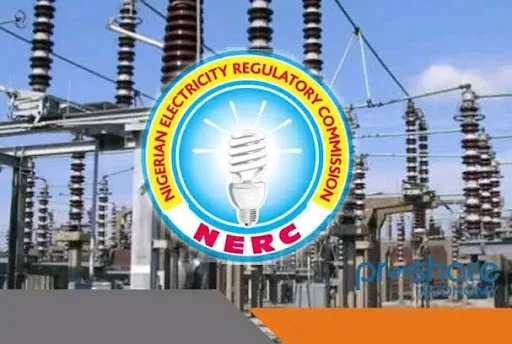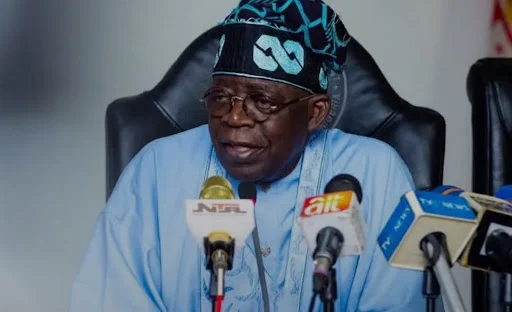In a city where power outages remain the norm and diesel generators hum louder than public outrage, residents of Abuja are finding it increasingly difficult to survive—not thrive—under the weight of a power sector that seems both unaccountable and exploitative.
In April 2024, the Nigerian Electricity Regulatory Commission (NERC) approved a staggering 300% hike in electricity tariffs for Band A consumers—those purportedly receiving 20 or more hours of power daily. The rate soared from N68 to N225 per kilowatt-hour (kWh). By July, customers under the Abuja Electricity Distribution Company (AEDC) were paying N209.5/kWh—a level unaffordable to many even in Nigeria’s capital. The justification? Improved service for Band A consumers. The reality? A broken promise.
For residents like Ibrahim Lawal, a fashion designer in Garki, the increased tariffs have been economically devastating. "I used to spend around N7,000 a month on electricity. Now I’m spending almost N25,000—and the power still isn’t reliable,” he laments. Like many small business owners, Lawal has been forced to cut back on production, reduce staff hours, and increase prices—if only to stay afloat.
Lawal is not alone. Across Abuja, hairdressers, welders, cold room operators, and tailors share similar stories. Energy bills have tripled, but supply remains erratic. Diesel for generators is increasingly unaffordable. The options are stark: pay or perish.
The tariff hike, coming on the back of fuel subsidy removal, naira devaluation, and record-breaking inflation (33.2% as of March 2024), has exacerbated an already dire cost-of-living crisis. Households now spend more on power than on education or healthcare. A resident in Maitama noted that with 22 hours of power, she still spends N25,000 monthly on electricity alone, a luxury many in the city’s poorer districts can only dream of.
In places like Karmo and Lugbe, the story is even more grim. While elite neighborhoods enjoy steady supply, many middle- and low-income areas experience prolonged blackouts, some lasting up to five months. These disparities have deepened public anger and widened the gap between the privileged and the powerless.
Small and medium enterprises (SMEs), the backbone of Nigeria’s informal economy, are buckling. For fish sellers in Lagos and market traders in Abuja, the cost of preserving goods has soared. Smoking fish has become a cheaper alternative to refrigeration. Solar energy—once considered a distant dream—is now an act of desperation for many. Yet, most SMEs cannot afford the initial investment. They remain trapped in a vicious cycle: dependent on a dysfunctional grid, priced out of alternatives, and punished for a service they barely receive.
According to the International Monetary Fund, Nigeria loses $29 billion annually—equivalent to 5.8% of GDP—due to poor power supply. This is more than a fiscal issue. It’s a national crisis that stunts education, healthcare, job creation, and economic competitiveness. Despite an installed capacity of 12,500 MW, only 3,125 MW is typically available. Over 92 million Nigerians—nearly half the population—still lack access to reliable electricity.
In May 2024, the Nigeria Labour Congress led protests in Abuja, demanding an immediate review of the tariff hike. The unions argued that the hike was unjustifiable given the abysmal state of supply. Their plea was clear: “You cannot charge premium prices for a broken service.” So far, the government has remained largely unmoved. The response from NERC and AEDC has been technical, bureaucratic, and alarmingly indifferent to the human cost of their policies.
Some communities are turning to renewable energy, with solar minigrid projects—like the one in Wuse Market—offering cleaner and more stable alternatives. But such initiatives are limited in scope and require significant policy support, financing, and public-private cooperation. Until then, Abuja’s residents remain stuck between the devil of outrageous tariffs and the deep blue sea of unreliable supply.
The Nigerian power sector is no longer just failing; it is actively punishing those who rely on it most. With skyrocketing costs and persistent blackouts, the tariff hike represents not reform, but abandonment. In a city that should shine as the nation's capital, too many are left in darkness—paying the price for a service that never comes.
Tags
News






This is wonderful keep it up
ReplyDeleteMasha Allah this good dear all the best
ReplyDeleteVery good dear keep it up
ReplyDelete